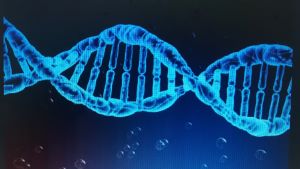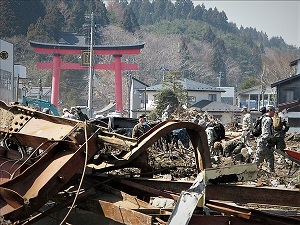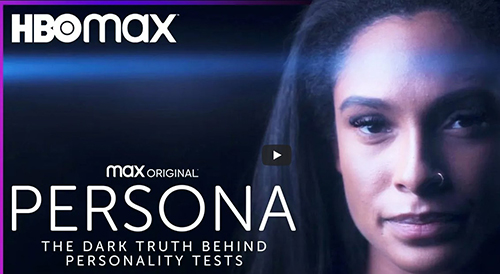- Details
- Written by Brent A Duncan, PhD
A recent episode of"AI Decoded" on BBC's The Context discussed how Artificial General Intelligence (AGI) might one day become more intelligent than humans and could control us in ways we can't predict.
The discussion drew an analogy between humans and chimpanzees. Despite sharing nearly identical DNA, humans have evolved a more sophisticated brain, allowing us to control chimps despite their physical strength. By this logic, if AGI becomes exponentially more intelligent than us, it might similarly control humans.
- Details
- Written by Brent A Duncan, PhD
Emerging research concludes that genetics make us susceptible to traits and behavior, but susceptibility is not destiny (Sinha 2004). In other words, "I can't help it; I was born this way" is not an excuse for bad behavior and stupid decisions.
- Details
From "Faculty Matters" Summer 2011 Issue, by Carlye Malchuk Dash
High atop a bluff, Brent Duncan and his wife Penny watched as the Pacific Ocean overpowered the shoreline and blanketed communities along the northeastern coast of Japan. As surge after surge of water rushed inland, Duncan, a lead faculty member with the University of Phoenix, knew the low-lying areas would be badly damaged.
When the devastating earthquake and resulting tsunami finally ran their course, hundreds of miles of Japan’s coastline lay devastated and tens of thousands of people were dead or missing.
Those numbers don’t even begin to touch on the loss of family, property, and history. “The people in the rural areas where we live, these are people whose families have had the same occupation on the same pieces of land for hundreds and hundreds of years,” explains Duncan.
He is a member of the University’s Asia/Pacific Military Division which is based out of the Misawa Air Base on the northern tip of Japan. “They’ve lost not only their homes but also their livelihoods. They’ve lost their culture and they’ve lost those areas that are sacred to them.”
- Details
- Written by Brent A Duncan, PhD
Katsushika Hokusai’s woodblock print "The Great Wave off Kanagawa" is an archetypal image that Westerners associate with Japan. But, more than a picture of waves threatening to devour fishermen as Mt. Fuji looks on, a closer look illuminates key concepts in chaos theory that Western science did not “discover” until recently while offering timeless lessons for fostering adaptability and growth in turbulence.
- Details
- Written by Brent A Duncan, PhD
True believers in personality assessments as tools to categorize and judge employees and students are about to have their convictions and practices challenged in an upcoming HBO documentary, Persona.
In short, the personality assessments used in business and academic settings are based on false assumptions of personality, use the Barnum Effect to increase employer and employee acceptance, and are about as valid as horoscopes.
Subcategories
Coaching Notes
Working with hundreds of business, marketing, and psychology students a year, I get a lot of questions about concepts, processes, and practices. Here are some of the FAQs for Dr. Duncan.


![Will AI become a psychopathic sociopath that controls humanity? [Image by Grok (xAI)] Will AI become a psychopathic sociopath that controls humanity? [Image by Grok (Xai)]](/images/Images/AGI-control-humans250.jpg)


![Order emerges through chaos, shows interconnectedness of turbulence and humanity. Katsushika Hokusai [Public domain], via Wikimedia Commons. Extracted from https://upload.wikimedia.org/wikipedia/commons/0/0d/Great_Wave_off_Kanagawa2.jpg.](/images/Images/Great_Wave_off_Kanagawa500.jpg)
